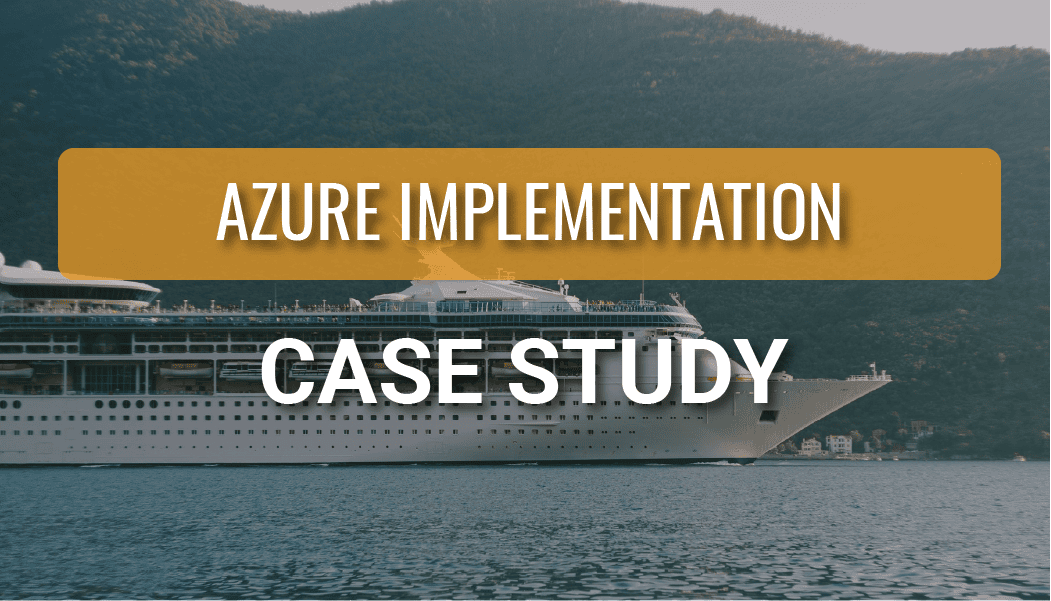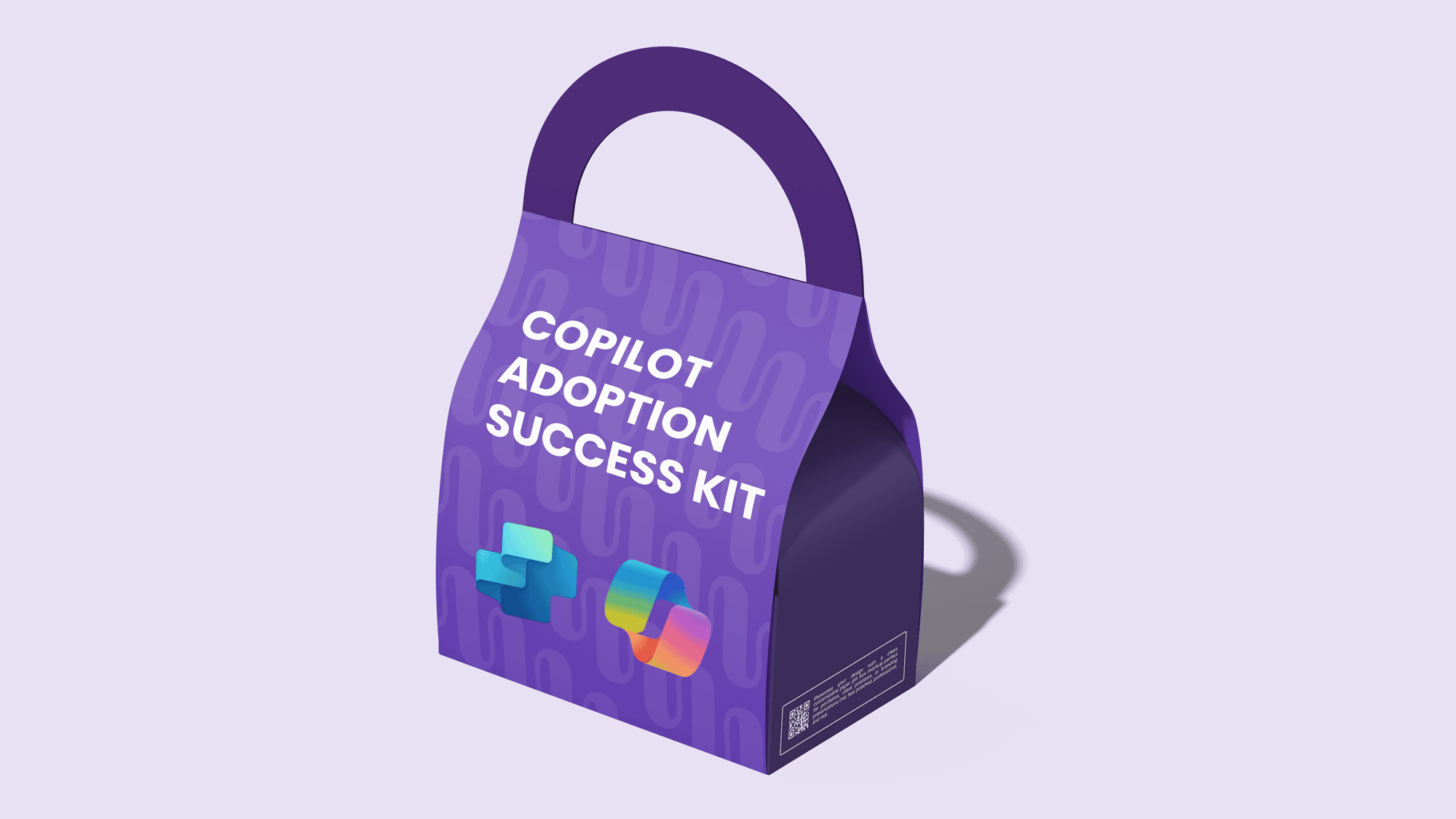Ensure a Solid Data Foundation Before You Deploy Microsoft Copilot
Before you deploy Microsoft Copilot, make sure your data is clean, organized, and connected. We’ll explain why a strong data foundation is critical to getting reliable, secure results from AI across your organization.
Microsoft Copilot can boost productivity by helping your teams work faster using AI built into Microsoft 365 and the Power Platform. But the results you get depend on the quality of the data Copilot can access. If your files are scattered, outdated, or poorly organized, Copilot won’t give you the right answers. Before you roll it out, it’s best to take a hard look at your data foundation.
What Is a Data Foundation?
Your data foundation is the structure that supports how your data is collected, stored, secured, and accessed across the organization. Without it, any AI system, including Microsoft Copilot, lacks context and reliability.
A solid data foundation connects your operational and analytical data, organizes it in a way Copilot can understand, and ensures it’s secure and up to date. A platform such as Microsoft Fabric can help bring this all together.
Fabric unifies data and eliminates the need for multiple data silos by centralizing your data estate in OneLake, Microsoft’s single source of truth for data storage. With Fabric, your teams can work from a shared data model, making it easier to build consistency across Microsoft 365, Power Platform, and Copilot.
A strong data foundation includes:
Microsoft Fabric doesn’t replace the need for governance and cleanup; it enhances it. But it only works well if your source data is well-structured and aligned across teams.
Why Microsoft Copilot Depends on Your Data Foundation
Copilot pulls from your internal content such as emails, documents, meeting notes, and chats to answer questions and automate tasks. If that content is disorganized or outdated, Copilot will use it anyway.
For example, if your SharePoint is full of duplicated project files with no clear versioning, Copilot might pull the wrong one. If sensitive documents have weak access controls, Copilot might show them to the wrong person. It’s like putting on a performance, but they gave you the wrong costume!
The AI only works as well as the data it’s built on.

Common Data Gaps That Hurt Copilot Performance
These are the most frequent issues we see when organizations start testing Copilot:
These issues create noise and redundancy, slow down pipelines, and feed Copilot low-value content. Fixing them requires more than cleaning up something like SharePoint. It means organizing your full data estate.
How Smartbridge Can Help
Smartbridge works with clients to assess their data foundation before they roll out Copilot. We identify gaps in data quality, structure, and governance. Then we build a plan to fix them.
In one recent project, we helped a client implement a solid Azure data foundation that made it critical for a later artificial intelligence deployment with Copilot to be successful.
A Strong Data Foundation is Necessary
If you want Microsoft Copilot to work well, your data foundation needs to be solid. AI won’t fix messy data. It will only reflect it.
Ask yourself: Can you trust your data today to make the right decisions tomorrow? If not, fix that first.
Looking for more on data & analytics?
Explore more insights and expertise at smartbridge.com/data
There’s more to explore at Smartbridge.com!
Sign up to be notified when we publish articles, news, videos and more!
Other ways to
follow us:






